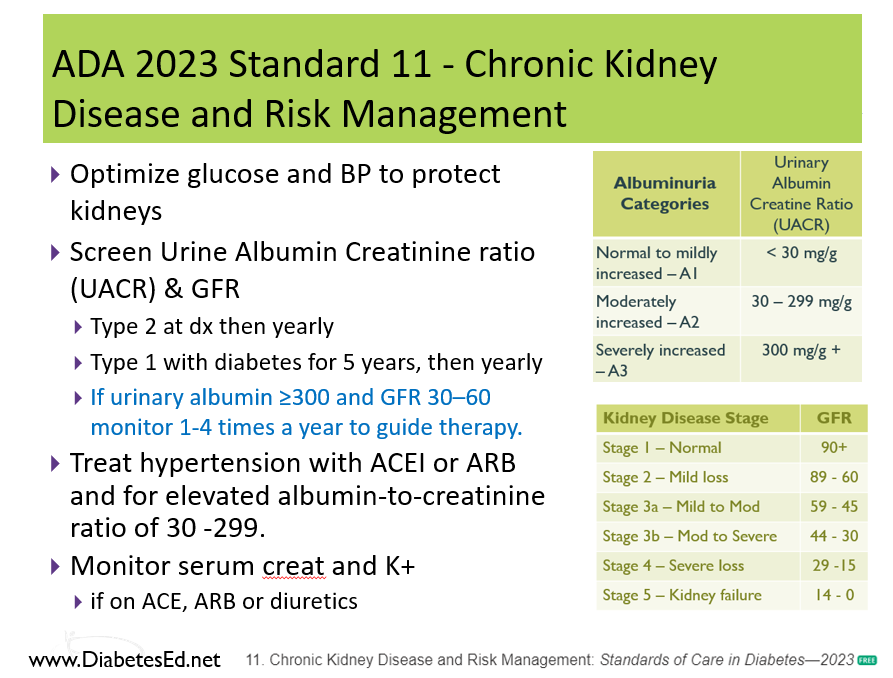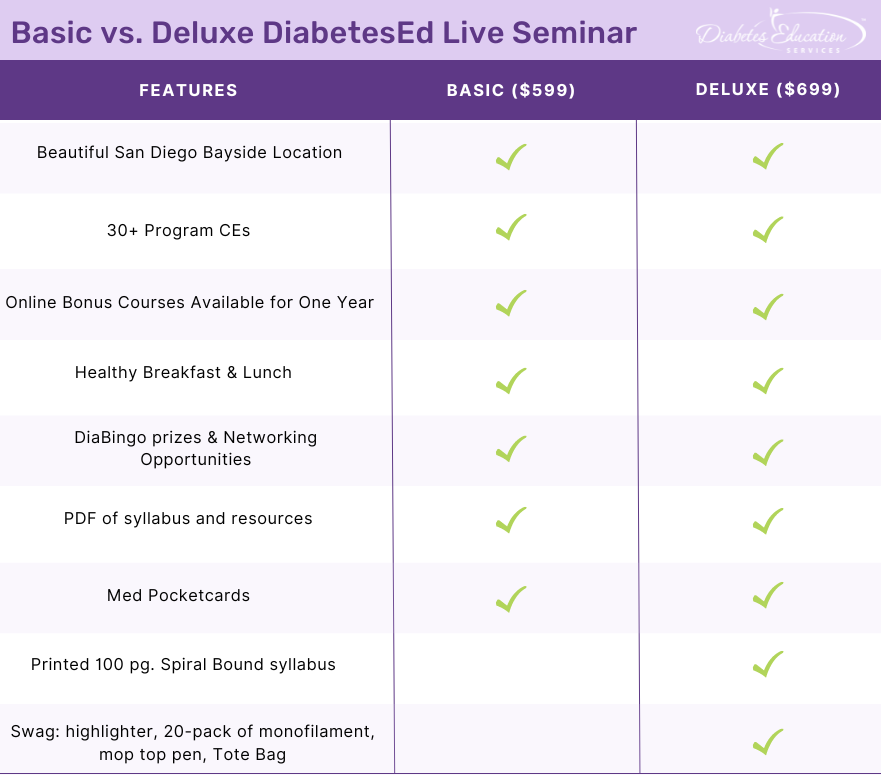About 30% to 40% of people with diabetes will experience chronic kidney disease (CKD), and most won’t know they have worsening kidney function. According to a recent study, approximately 90% of people with CKD in the United States don’t even know they are experiencing a decline in kidney function. This lack of awareness is due to inadequate annual renal function testing.

A recently published study from the National Kidney Foundation and National Committee for Quality Assurance showed that fewer than 40% of adults with diabetes received the clinically recommended testing for chronic kidney disease in 2017.
To measure testing frequency, researchers looked at Kidney Health Evaluation for People with Diabetes (KED). Ked is a component of the Healthcare Effectiveness Data Information Set, built on the American Diabetes Association (ADA) and National Kidney Foundation recommendations.
To meet KED fulfillment criteria, the standards require that people with diabetes get tested for kidney disease at least annually using both:
- A blood test to measure kidney function or estimated glomerular filtration rate (eGFR) and
- A urine test, urine albumin-creatinine ratio (UACR), to measure kidney damage (see image below for ADA Standards and measurements)
In addition to low testing frequency overall, the study highlights disparities in KED fulfillment among Black Americans and socioeconomically disadvantaged groups, underscoring the urgent need to address these disparities to ensure equitable care for all.
Since only 40% of people with diabetes are getting GFR and UACR tested annually, a significant portion of individuals with diabetes are not be receiving the recommended kidney function monitoring. Regular kidney function testing is crucial to identify any signs of kidney damage early and take appropriate measures to prevent or slow down the progression of kidney disease in individuals with diabetes.
Annual GFR and UACR testing fulfillment is associated with improved diabetes care, earlier CKD diagnosis, and initiation of evidence-based kidney protective interventions, according to the results. In addition, annual KED testing increases the prescription of evidence-based drugs for blood pressure and blood sugar management, along with interdisciplinary care. However, researchers observed disparities in meeting these criteria among Black adults, those with Medicare-Medicaid dual eligibility status, residents of low-income neighborhoods, and individuals with limited education.
Diabetes Care and Education Specialists have a Critical Role
Diabetes care and education specialists, along with healthcare providers, can play a critical role in helping track annual testing and encouraging people with diabetes to undergo kidney function evaluation as part of their diabetes management plan. Increasing awareness about the importance of these tests and improving access to healthcare services can help enhance the annual GFR and UACR testing rate among people with diabetes, especially in under-resourced communities.
Additionally, individuals with diabetes can proactively discuss these tests with their healthcare providers to ensure they are engaged in preserving kidney health.
Fulfillment and Validity of the Kidney Health Evaluation Measure for People with Diabetes
Read more for a quick summary of what to look for when evaluating kidney function in our blog here.

Join us LIVE in San Diego for our DiabetesEd Training Conference
October 11-13th, 2023

Two Registration Options

Join Coach Beverly and Team for two and a half days of knowledge-sharing, fun, networking, games with prizes, and “aha” moments in beautiful San Diego.
You don’t want to miss this one-of-a-kind learning opportunity. Get away from all those daily responsibilities and immerse yourself in a fun and intensive conference with plenty of networking opportunities.
Attendees will leave this conference with new tools and a more complete understanding of the latest advances in diabetes care, from medications to technology to Medical Nutrition Therapy!
Bring your colleagues and enjoy our friend discount.
Our team expertly translates the complex science of diabetes into understandable terms while keeping it real, practical, and fun.
Team of expert faculty includes:
- Diana Isaacs, PharmD, BCPS, BC-ADM, BCACP, CDCES – Educator of the Year, 2020
- Coach Beverly Thomassian, RN, MPH, CDCES, BC-ADM
- Ashley LaBrier, MS, RD, CDCES, Diabetes Program Coordinator
All hours earned count toward your CDCES Accreditation Information
Sign up for Diabetes Blog Bytes – we post one daily Blog Byte from Monday to Friday. And of course, Tuesday is our Question of the Week. It’s Informative and FREE! Sign up below!
The use of DES products does not guarantee the successful passage of the CDCES exam. CBDCE does not endorse any preparatory or review materials for the CDCES exam, except for those published by CBDCE.









